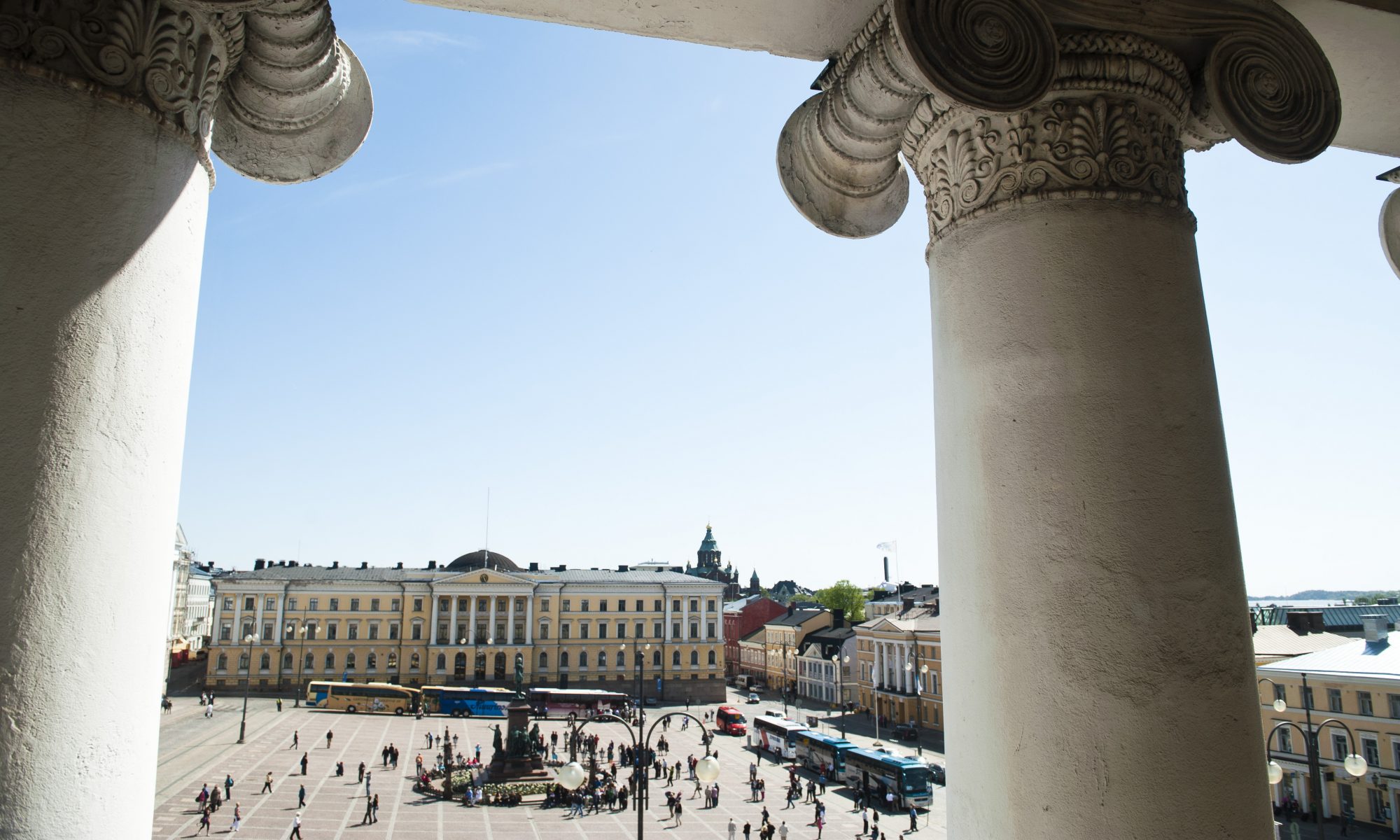What do the University of Helsinki researchers think about article-processing charges, self-archiving, or open access (OA) publishing? Six researchers answered a short questionnaire and shared their views on open science, both at a general level and by answering several specific questions. In principle, open access (OA) is thought of as important and useful; however, from a practical perspective, there are still some challenges relating to expensive APCs (article processing charges), OA platform statistics, and the complex regulations in publishers’ policies.
Open source policy and use at the University of Helsinki
As a rule, the University of Helsinki favours open technologies and open-source solutions. In practice, our choices are also steered by other principles and aspects concerning usability, maintenance and cost. Despite all its benefits, open source is not always synonymous with high-quality software engineering. In this blog entry, we discuss the open source policy and the open-source software adopted at the University, as well as considerations related to open source from the organisation’s perspective.
Jatka lukemista ”Open source policy and use at the University of Helsinki”
How do APCs contribute to the openness of science?
Open access fees (or article processing charges, APCs) are part of a diverse set of options in open access publishing, a sector that aims to make open access to research publications the leading approach. This strategy in scholarly publishing is supported by the different methods that deliver open content. However, in the transition phase, research-intensive universities are particularly affected by open access fees.
Jatka lukemista ”How do APCs contribute to the openness of science?”
What does a publisher actually do? An independent publisher’s thoughts
Nowadays, when publishing is easier than ever, where do you need a publisher? Why not just put your manuscript online, especially if it is open access? In this blog post, Managing Director Tommi Grover of the Multilingual Matters/Channel View Publications shares the views of an independent international publisher. He brings out how diverse the professional expertises – from editorial, administrative and production to marketing and sales expertises – required to publish a book. He also looks at the costs of publishing in both open access and traditional publishing.
Jatka lukemista ”What does a publisher actually do? An independent publisher’s thoughts”
Research data, how to manage it and how to talk about data management – the blog in October
The Think Open blog articles in October were strongly connected to themes related to research data. In short interviews, researchers shed light on how open data is part of their work, and research data management (RDM) experts talk about RDM problems and their solutions. In the theme of open access, articles concentrated on Plan S, APC and SCOAP3.
Data, miten sitä hallitaan ja miten datanhallinnasta puhutaan – blogi lokakuussa
Lokakuun teemat Think Open -blogissa kytkeytyivät vahvasti tutkimusdatan ympärille. Tutkijat valaisevat lyhyissä haastatteluissa, miten avoin data on osa heidän työtään, ja datanhallinnan asiantuntijat kertovat datanhallinnan ongelmakohdista ratkaisuja pohtien. Avoimessa julkaisemisessa esillä olivat Plan S, APC ja SCOAP3.
Jatka lukemista ”Data, miten sitä hallitaan ja miten datanhallinnasta puhutaan – blogi lokakuussa”
What kind of support does the University of Helsinki offer in open access fees?
A significant part of the University of Helsinki’s open access funding is centralised in the library, which offers UH researchers two ways to get support for open access fees (article processing charge, APC). Support can be obtained either through journal subscription deals agreed by the library or directly from the centralised APC funding. These are the two main pathways, in addition to which individual faculties can provide support.
Jatka lukemista ”What kind of support does the University of Helsinki offer in open access fees?”
Increasing the robustness of science by open data – interview with Matias Heino
”I think the benefit about opening research data is that other people can build their research and get new insights from the data that has already been developed”, says researcher Matias Heino (Aalto University). In this short interview, he also explains other benefits of open data such as the effective use of resources and verifying research results. Heino is one of the speakers at ”Open Science Afternoon 2021 – Open Data Matters”.
Jatka lukemista ”Increasing the robustness of science by open data – interview with Matias Heino”
Hyvällä datanhallinnalla tutkimuksen parempaa toistettavuutta
Tuoreesta tutkimuksesta käy ilmi, että tutkijat pitävät tutkimuksen hyvää datanhallintaa eli datan järjestelmällistä käsittelyä erittäin tärkeänä datan eheyden, tutkimustulosten luotettavuuden ja tutkimuksen toistettavuuden kannalta. Silti koulutusta datanhallintaan on saanut vain harva ja nuorten tutkijoiden osaaminen on kirjavaa. Tutkimustaan käsittelevässä blogiartikkelissa Jukka Rantasaari esittää myös ratkaisuja tilanteen parantamiseksi.
Jatka lukemista ”Hyvällä datanhallinnalla tutkimuksen parempaa toistettavuutta”
Open data needs to be both available and accessible – interview with Ivo Neefjes
”To maintain faith in scientific institutions, our data needs to be available for public and journalistic scrutiny”, says researcher Ivo Neefjes (University of Helsinki). In this interview, he stresses the need to make research data accessible for other researchers with sufficient metadata. Neefjes is attending the event ”Open Science Afternoon 2021 – Open Data Matters” where he is presenting Molecular Clusters video, that won Science journal’s Dance Your PhD competition in the spring.
Jatka lukemista ”Open data needs to be both available and accessible – interview with Ivo Neefjes”
